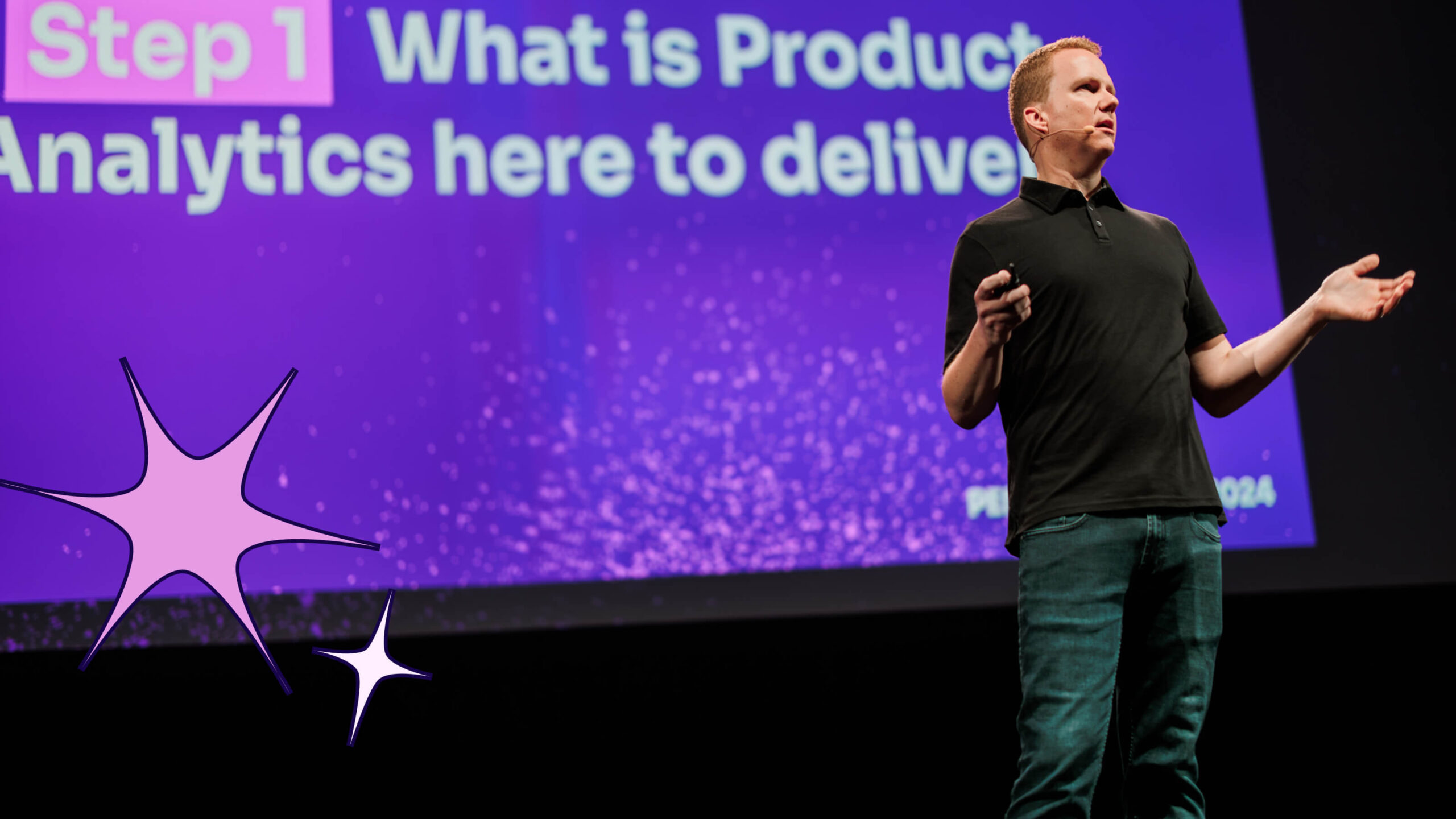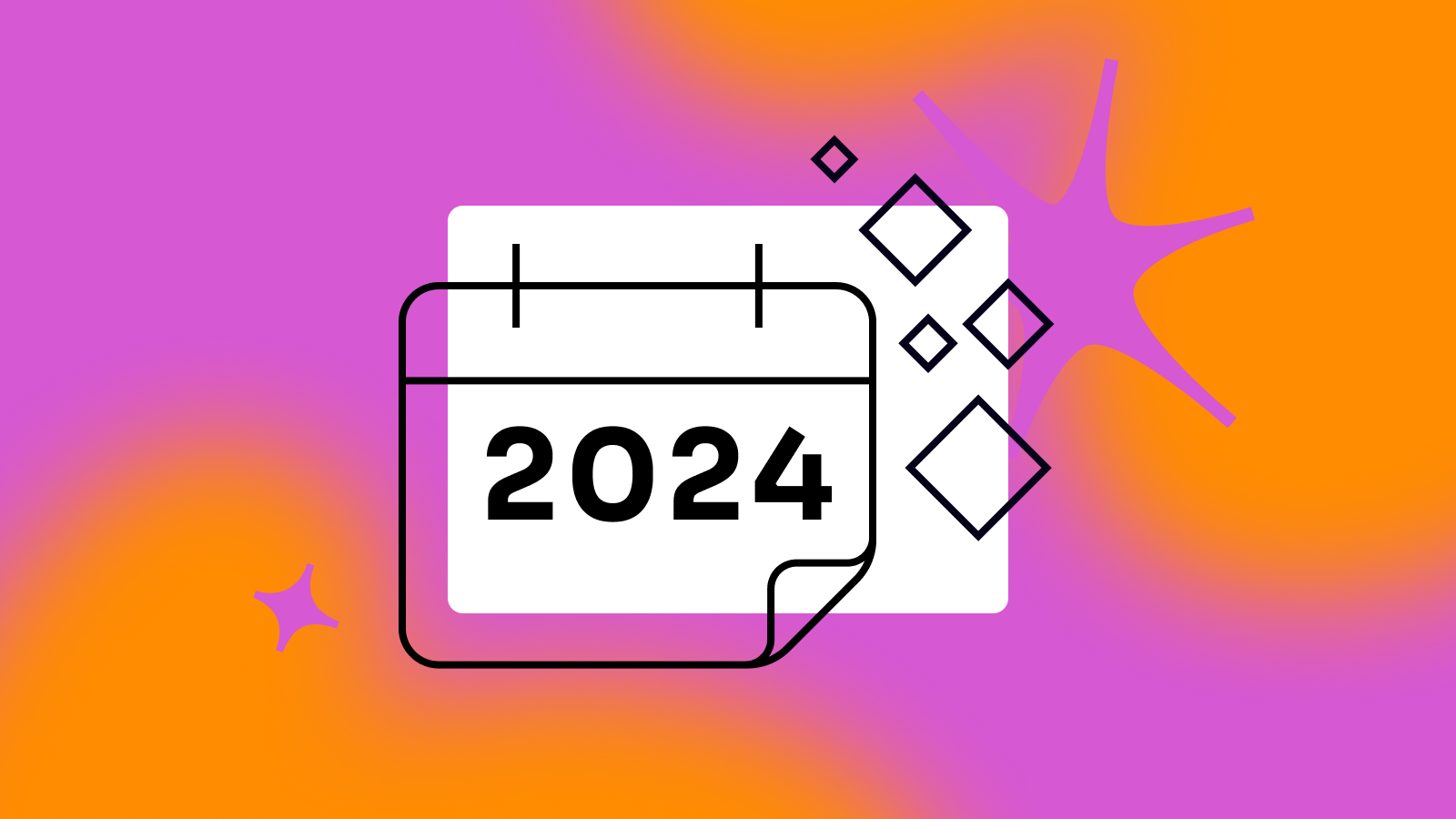Recently, I started a new job as a product manager. However, due to the coronavirus pandemic, I’ve been working from home since my first day. The company I joined isn’t used to remote work. In fact, they switched to virtual work the day before I joined 🤦🏻♂️ So, my onboarding process went out the window…
I’ve been a PM for eight years. Usually, when I join a new team, company, or project, I start in “sponge mode.” That means I ask a lot of questions, absorb as much info as possible, and get familiar with my coworkers and the overall environment. Listening and learning are my main goals in this mode.
Since I assumed COVID-19 would cause the company to downsize, my aim was to carry my weight and provide value (ROI) ASAP and keep my job. After my first week and first month, I received a lot of positive feedback from people in various roles throughout the company. This was a strong signal that my actions are effective.
Below, I’ll share the things that helped me get off to a strong start in my new, remote-from-the-beginning product role.
A few high-level suggestions
If you’re starting a new remote job, keep these three considerations in mind — they really helped me during my first few days.
1. Extreme ownership
Acknowledge that first and foremost doing well is up to you. Embrace the challenges and try to handle them as best you can. If you find that you can’t, ask your colleagues for help and you’ll: a. learn something and b. get to know your new teammates better.
2. Asynchronous communication
Don’t be afraid to share your thoughts and learnings so you can get feedback on them from your new coworkers. This habit helps you avoid sitting around like a dork waiting for someone to tell you what to do.
Try to end your email/communications with a clear opinion and a suggestion for the next step. Imagine that people can answer your email with a simple, “Sounds great!” If you’re wrong, the person will let you know. If you’re right, you can move forward without wasting their time more than necessary. Honestly, I hope this practice will stick even after COVID is behind us!
3. Mentorship
There’s no way you’ll immediately know everything. You need someone to consult with, someone to talk about what you find confusing or frustrating, someone to make sense of the madness in a fast-paced environment of which you see only a sliver. This is the person that will show you the ropes and provide context on how things are done. And it doesn’t have to be another PM — anyone with experience and a willingness to teach can fill the role. It can be more than one person, learn from everyone!
Things you can start doing right away
I was determined to make an impact quickly at my new job. Below are a few of the things I did right away to move toward that goal.
Note-taking
I’ve been taking notes during (nearly) every meeting I’ve been in, then sharing them with the other attendees. This has been a HUGE success — I can go back to my notes, answer questions without the need to bug others, and I found that I learn better when writing things down. Thanks to Tiago Forte and David Perell for this suggestion 🙏🏼 (also got the team to use PARA 😛)!
Good note-taking provides more clarity for everyone. Instead of a pile of bricks, you have a nice, clean sidewalk. This is especially true on remote calls. The note taker has quite a bit of power; he either drives the meeting and/or can set the tone afterward by sharing notes, action items, deadlines, and owners.
If like me, you ask a lot of questions, note-taking is particularly helpful, since the answers are documented for future reference.
Project management
One of the quickest wins came from doing project management stuff, which turned out to be a “learning router,” as we called it. For example, I set tasks for myself like: “talk to Ben from the customer success team about X — we need to approve it with his customer Y.” This helped me to get to start building a mental map of our clients, the people who work with them, and what protects/features affect these clients. It also involved me in the conversation and allowed me to get to know my coworkers in other departments.
Establishing objectives
It can be really hard to work without knowing if you’re making progress at the pace you were expected to. If the company provides feedback and shares it with you, that’s fantastic! But in many cases, this isn’t the situation. And that means it’s up to you to create an OKR/goals/onboarding document, share it with your manager, and make sure you’re both aligned. This will help you understand what’s expected of you and in what timeframe. Additionally, this will facilitate a conversation around what’s expected of you, so don’t treat your draft as a final version, but as a conversation starter.
Getting to know people
Being the “new guy” isn’t fun, but you’ve got to go through this phase, start to get to know your teammates right away. Tip: Asking for help will create 1:1 conversations and space for you to get to know them better.
Introduce yourself
In the Slack channels I was added to, I introduced myself, my role, and who I’m shadowing. People got to know me and wished me luck 😀.
Schedule coffee breaks with teammates
It can be hard to get to know your teammates, but the social aspect of work is really important. These are people you’re going to spend a lot of time with (virtually or in-person). You want this time to be pleasant and to help all of you succeed and grow. Get to know your teammates, what they like, what bothers them, what they’re expecting of you, etc.
Asking questions
Being the new guy has power. You are expected to ask questions, and you can use this permission to ask even dumb or obvious questions. “Why are we doing this? Do we have to do this? What if we don’t? If I gave you a magic wand what’s the one thing you’d solve?”
The above is by no means a comprehensive list, and there are quite a few other things you can/should do at your new role. Please share what you found most effective when starting a position as a remote product manager!
P.S. I usually tweet about product management on Twitter. In fact, this post originally started as a Twitter thread. I love talking about product management and decision making, so don’t hesitate to reach out! You can also get a glimpse into what I’m learning in public.

